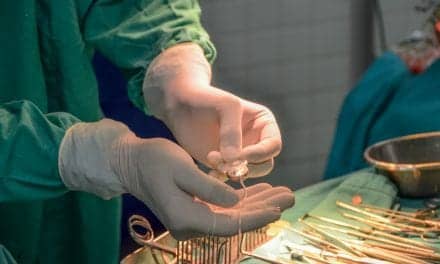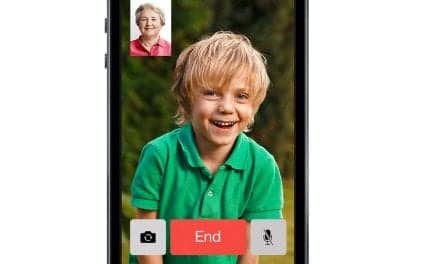Renown audiologist and researcher Robyn M. Cox, PhD, died in Memphis, Tenn, on October 10, 2019, after a decades-long battle with breast cancer. She was 72.
Dr Cox was known as one of the most brilliant hearing aid researchers of her generation, revolutionizing fitting approaches by creating many of the outcome measures used in assessing hearing aid effectiveness and patient benefit, including coauthoring (with her long-time colleague Ginny Alexander) the widely used Abbreviated Profile of Hearing Aid Benefit (APHAB). She also founded and directed the University of Memphis Hearing Aid Research Lab (HARL) which has been responsible for numerous contributions to the field. Additionally, she was an important member of the Independent Hearing Aid Fitting Forum (IHAFF), a distinguished group of clinicians and researchers that convened during the 1990s and early-2000s at the Jackson Hole Rendezvous in Jackson Hole, Wy, and who set the stage for hearing aid fittings in the era of programmable wide dynamic range compression (WDRC) and the future of digital hearing aid technology.
As Dr Cox herself noted in an interview with The Canadian Audiologist, she took a serendipitous route into the field of Audiology, initially following a friend to an Australian college and emerging with a speech therapy diploma, which ultimately led her to earning a PhD at Indiana University in 1974. In that interview, she acknowledged that she will probably be best remembered for the many verification, self-assessment, and outcome measures she authored or co-authored, including ECHO, VIOLA, APHAB, SADL, DOSO, CST, and IOI-HA.
However, the research findings of Dr Cox go far beyond validation measures, and were almost always peppered with insights that purposefully delved into the intricacies of hearing aid fittings and patient benefit. For example, in one of her last major research projects prior to retirement, Dr Cox and her colleagues examined if two high-end hearing aid models yielded better outcome scores than two basic hearing aid models. For most of the parameters measured, they found that, indeed, high-end devices did not outperform the basic-level devices; however, what their results made crystal clear was that an excellent hearing aid fitting using best practices and a quality hearing aid could achieve exceptional results for the vast majority of hearing-impaired patients. It was this kind of important nuance in her findings—widespread throughout her work—that would inspire further research throughout the field in the various areas she explored.
“Her research rigor was without compromise,” writes her friend and fellow distinguished researcher Ruth Bentler, PhD. “Her contributions to the field of Audiology—particularly the clinical process—are still in place as evidence-based practices take hold. For example, what most audiologists don’t realize is that she published important calibration-related papers nearly 40 years ago to help practicing clinical audiologists like me understand earphones and couplers in daily audiometric testing. In a 1983 publication, she introduced us to the terms ‘preferred listening level’ and ‘upper level of comfortable listening’ and an entire SPL-based hearing aid fitting procedure—when the rest of the audiology world was fumbling around with functional gain, and just getting used to the fact we could ethically dispense these things.”
In 2012, The University of Memphis named Dr Cox as one of the 100 women who have contributed most to the vitality of the university since its opening, and she was the recipient of many of audiology’s highest awards and honors. Upon her retirement from the university in 2016, Dr Cox was granted the title of Professor Emeritus.
According to her obituary, Robyn Cox was born March 20, 1947 in Toowoomba, Queensland (Australia). In 1967, at the age of 20, she moved to the US, settling in Indiana, where she attended university.
Although she was an internationally renowned audiological researcher, her family, and especially her children, were the most meaningful things in the world to her. She delighted in spending time with her two daughters, Emily and Katie, and loved traveling, reading, goofing off, and just sitting around at home with her husband, Cliff, and their two dogs. She was also an exceptional gardener, and her backyard in Memphis was a showcase for her skills.
Dr Cox is survived by her husband, Clifford Walkup, two daughters, her step-son Jason, and many other family members, friends, and colleagues.





